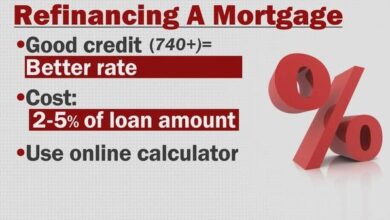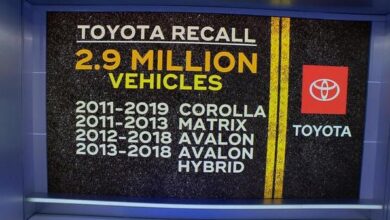Debt Collector Calls Are Surging — Here’s Why

Have you noticed an increase in unfamiliar calls lately? It could be a debt collector trying to reach you.
According to a recent analysis by NumberBarn based on FTC data, Americans filed over 112,000 complaints in the first quarter of 2025, marking a 150% surge from the same period last year.
Georgia topped the list at the state level with the highest number of complaints per capita, followed by Texas, Florida, and Delaware. Among major metro areas, Atlanta, Dallas, and Miami reported the highest complaint volumes.
The majority of complaints originated from individuals aged 30 to 39, a group that carries a significant portion of the nation’s student loan debt, making them susceptible to both legitimate collection efforts and fraudulent activities.
Debt collection complaints have been steadily climbing over the years, with this year’s spike being particularly noteworthy as reports more than doubled from the previous year, pointing to a potential increase in legitimate frustrations and fraudulent schemes.
Michael Boggiano, managing partner at Wealthcare Financial, highlighted the current environment as a “perfect storm” for debt collection, with both legitimate collectors and scammers taking advantage of the economic uncertainties.
The rise in complaints aligns with the escalating debt burden on U.S. households, reaching a record high of $18.20 trillion this year, accompanied by a rise in delinquencies, often triggering heightened collection activities.
Understanding Debt Collection Practices
Nearly half of the complaints (47%) described the calls as “abusive, threatening, or harassing,” indicating a potential increase in scam activities or violations of the Fair Debt Collection Practices Act (FDCPA).
Under the FDCPA, debt collectors must adhere to strict guidelines when contacting consumers, prohibiting abusive, deceptive, and unfair collection practices. Violations include the use of threats or profanity, calling outside specified hours, disclosing debt amounts publicly, impersonating authorities, and attempting to collect non-existent debts.
If you suspect fraudulent behavior or feel harassed by a debt collector, you have the right to request them to cease contact and report any violations to the FTC, CFPB, or your state’s attorney general office.
Additional Resources from Money:
6 Things Debt Collectors Aren’t Allowed to Do
Trump Administration Halts Student Debt Collections for Social Security Recipients
How to Get Debt Relief





